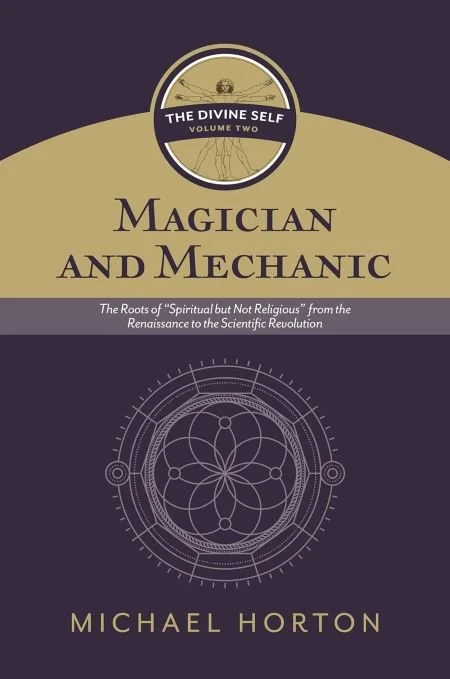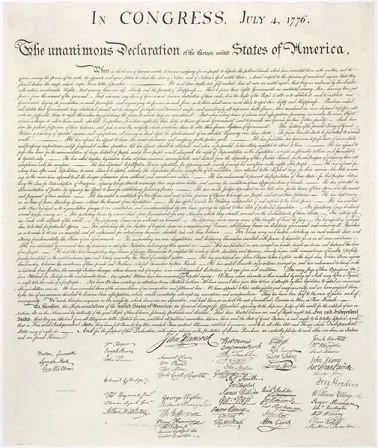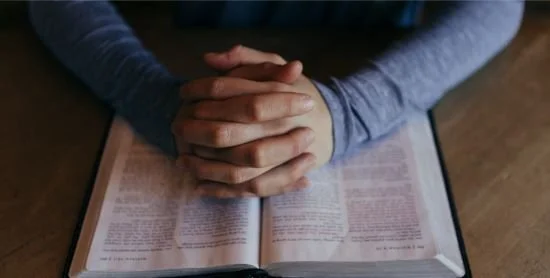I am really excited about this one!
Why are American evangelical churches and progressive Protestant churches hemorrhaging membership? Why are these churches ignoring, downplaying, or renouncing distinctive Christian doctrine and ethics while striving to be “spiritual”? Why are the “nones” the fastest growing group in recent surveys of American religious affiliation? Why does your neighbor or your co-worker renounce “organized religion” in the name of “spirituality?”
Michael Horton addresses these matters in his series on the Divine Self, laying out the reasons behind this shift—those who embrace the divine self (likely without any awareness of doing so) will inevitably see themselves as “spiritual,” but not “religious.”
Horton’s series on the roots of “spiritual but not religious” is to my mind one of the most profound and important of recent efforts to determine why Western Civilization is becoming increasingly pagan. The first volume of a projected three volume series on the Divine Self (Shaman and Sage), was released in 2025, and dealt with the Axial Age (800-200 BCE) through to the Middle Ages, where the roots of modern forms of “spirituality” originate. Volume two (Magician and Mechanic) takes us from the Enlightenment, to the Renaissance, and then to the Scientific Revolution, addressing the challenges to orthodox Christianity as they develop in surprising ways throughout this period. Volume Three (which covers the modern period) will complete the series and is still TBA.
To read the rest, follow the link below
Read More



















